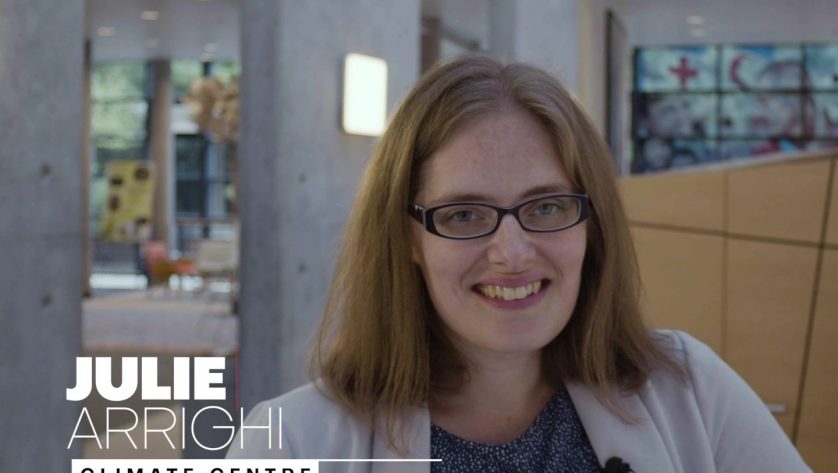“That alternation also creates emotional burnout and high desperation,” she says. “There are many emotions; the person may feel shame or sadness or emotional exhaustion. Someone may feel guilty for not having done enough to avoid the disappearance or not doing enough to search.”
Family and community life are also shaken. If a head of household disappears, the mother or the children take on that role and the children often have to leave school.
These are few reasons why the response is often about more than psychological care; it’s about accompanying people through a long painful process that may involve identifying the remains of loved ones, being there as those remains are reburied in traditional ways, and offering counselling to those who never find answers.
Every community is different, however, so the response varies. In the following stories, people whose loved ones have disappeared talk about their grief and the small comfort they find despite the lingering uncertainty.
 Red Cross Red Crescent magazine
Red Cross Red Crescent magazine 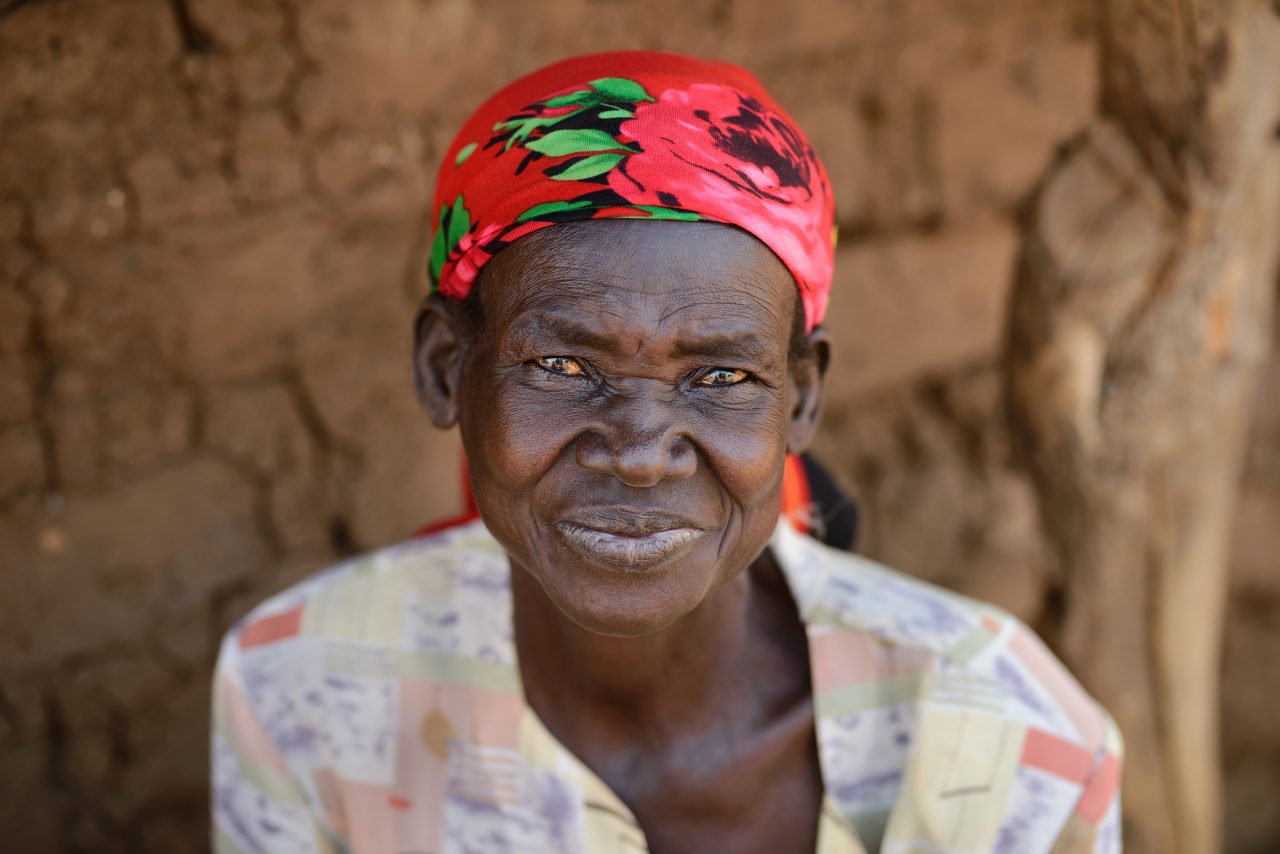
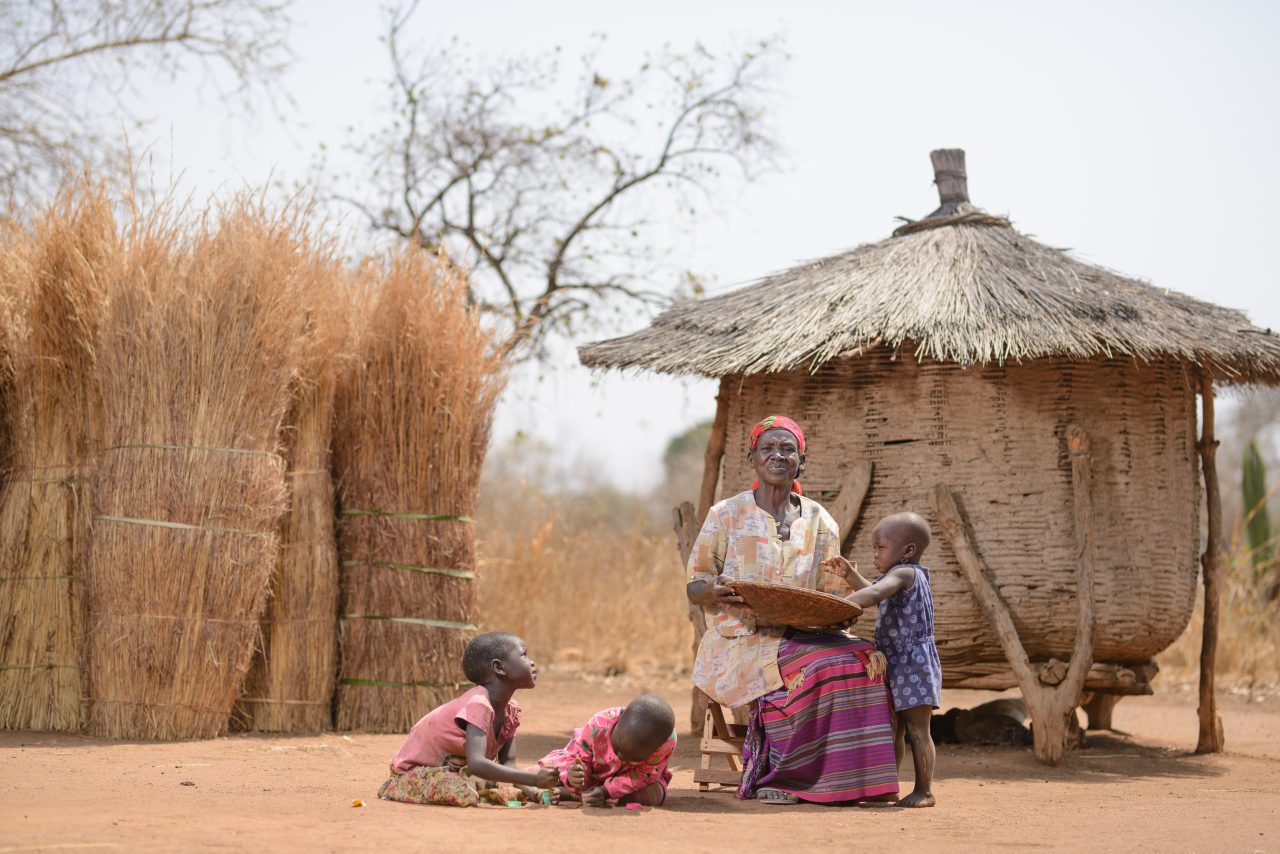
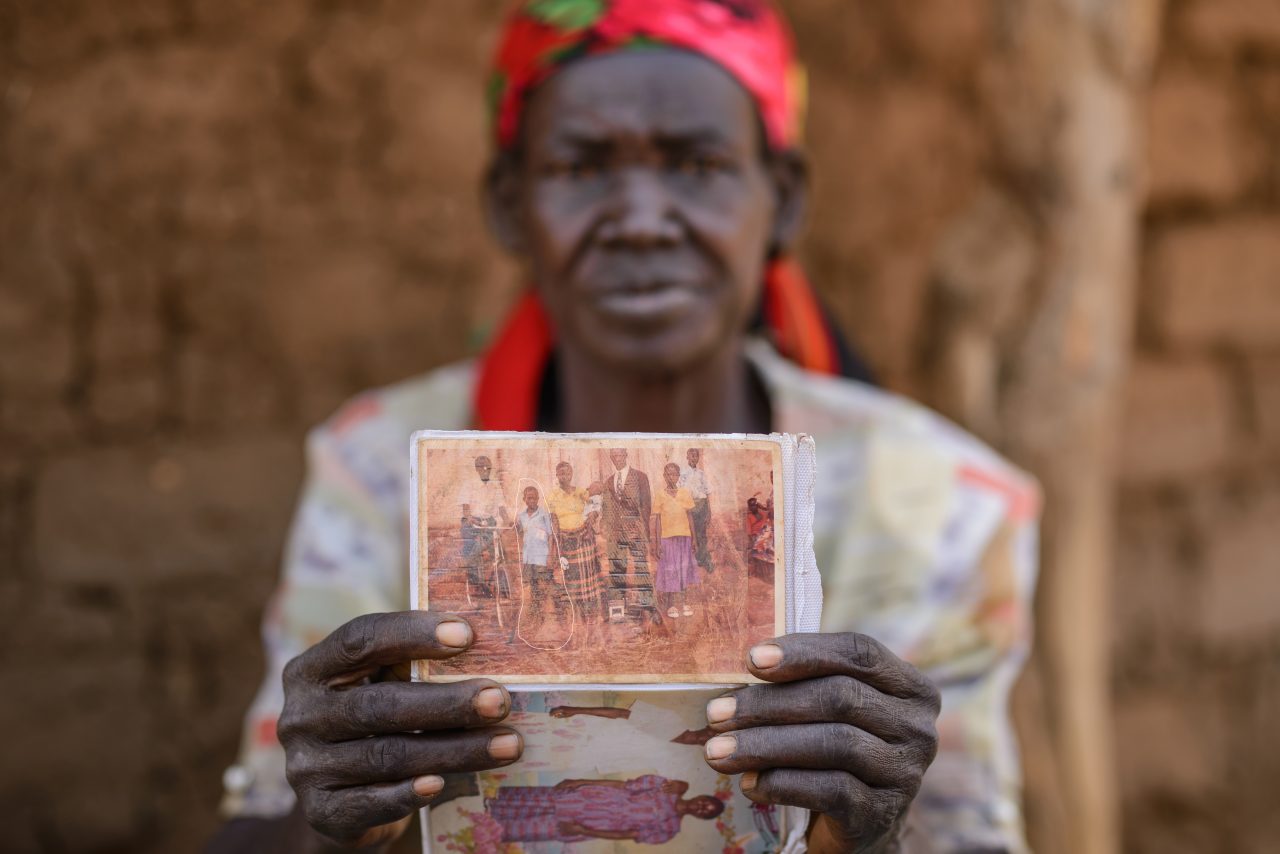
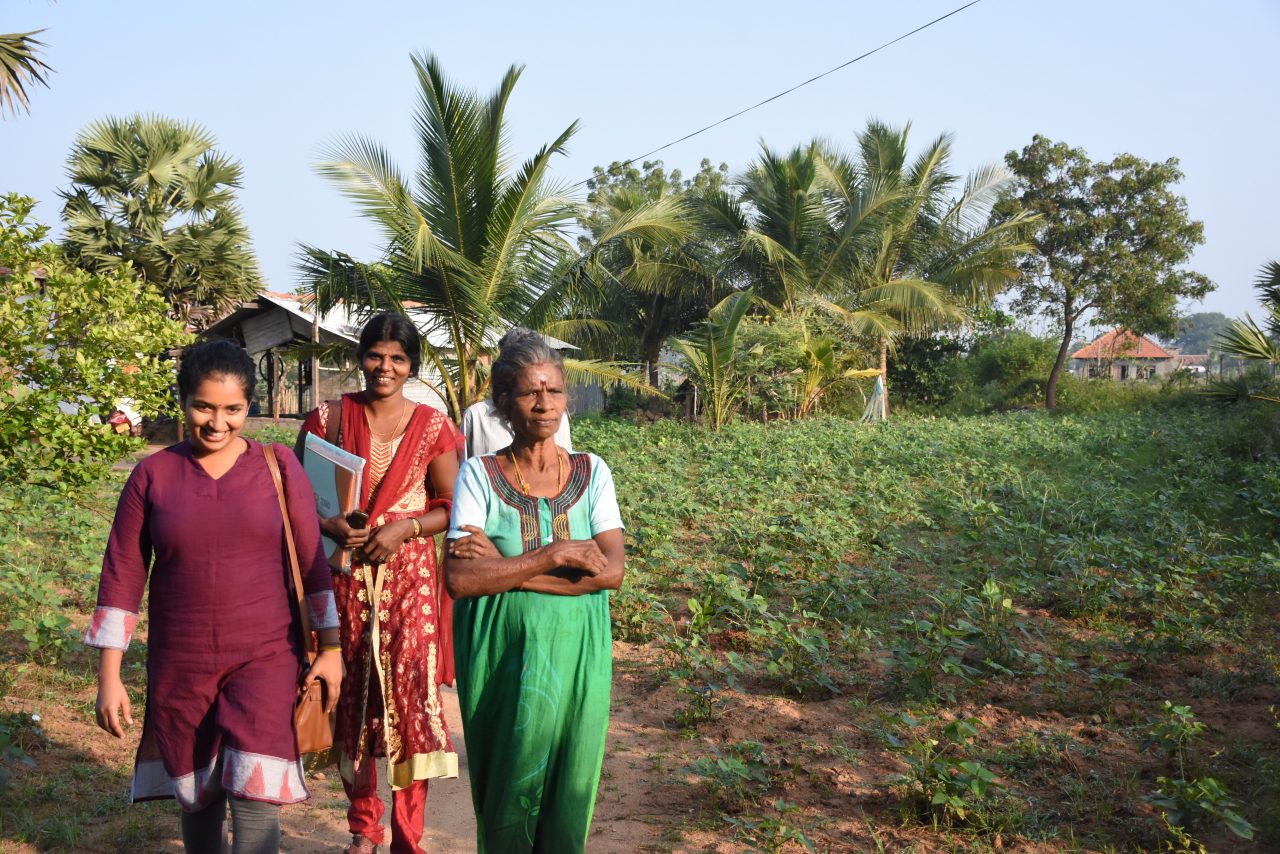
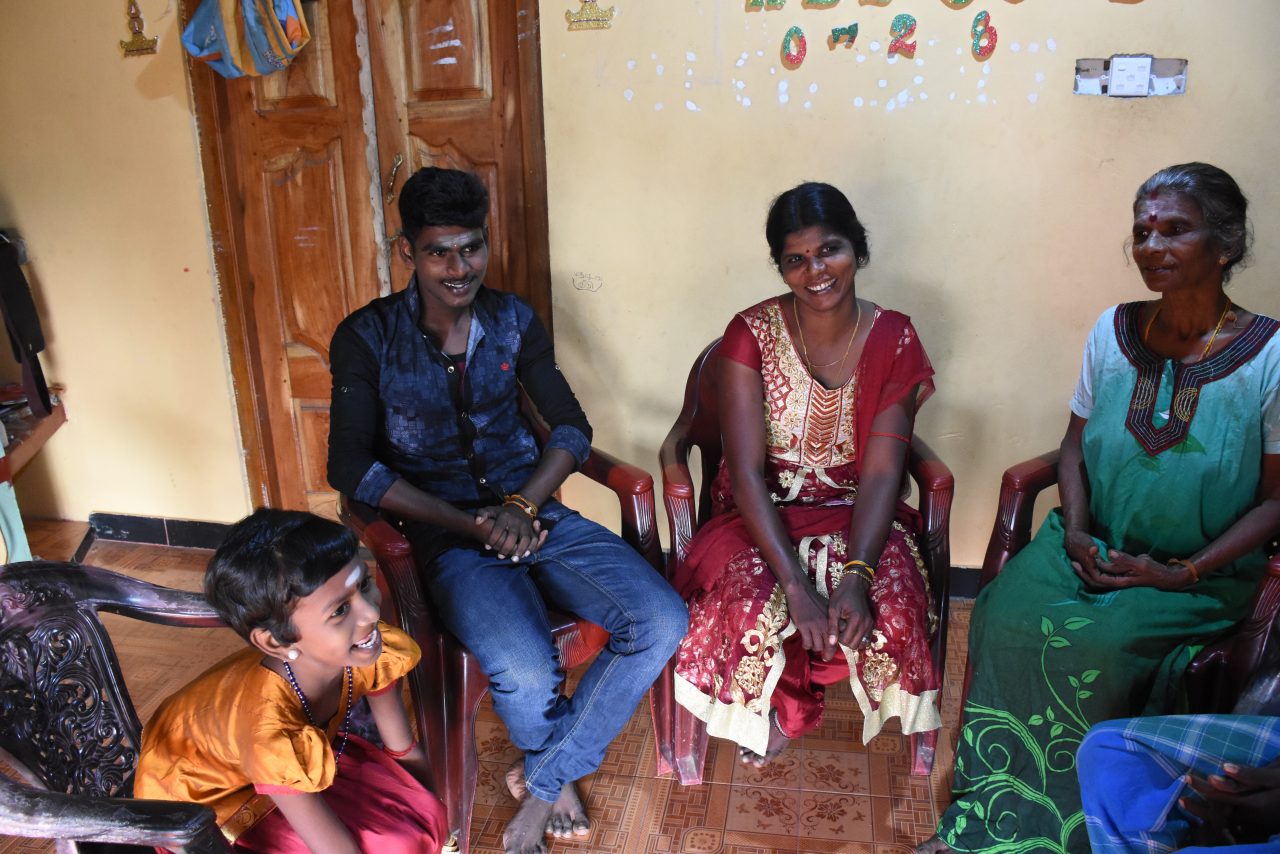
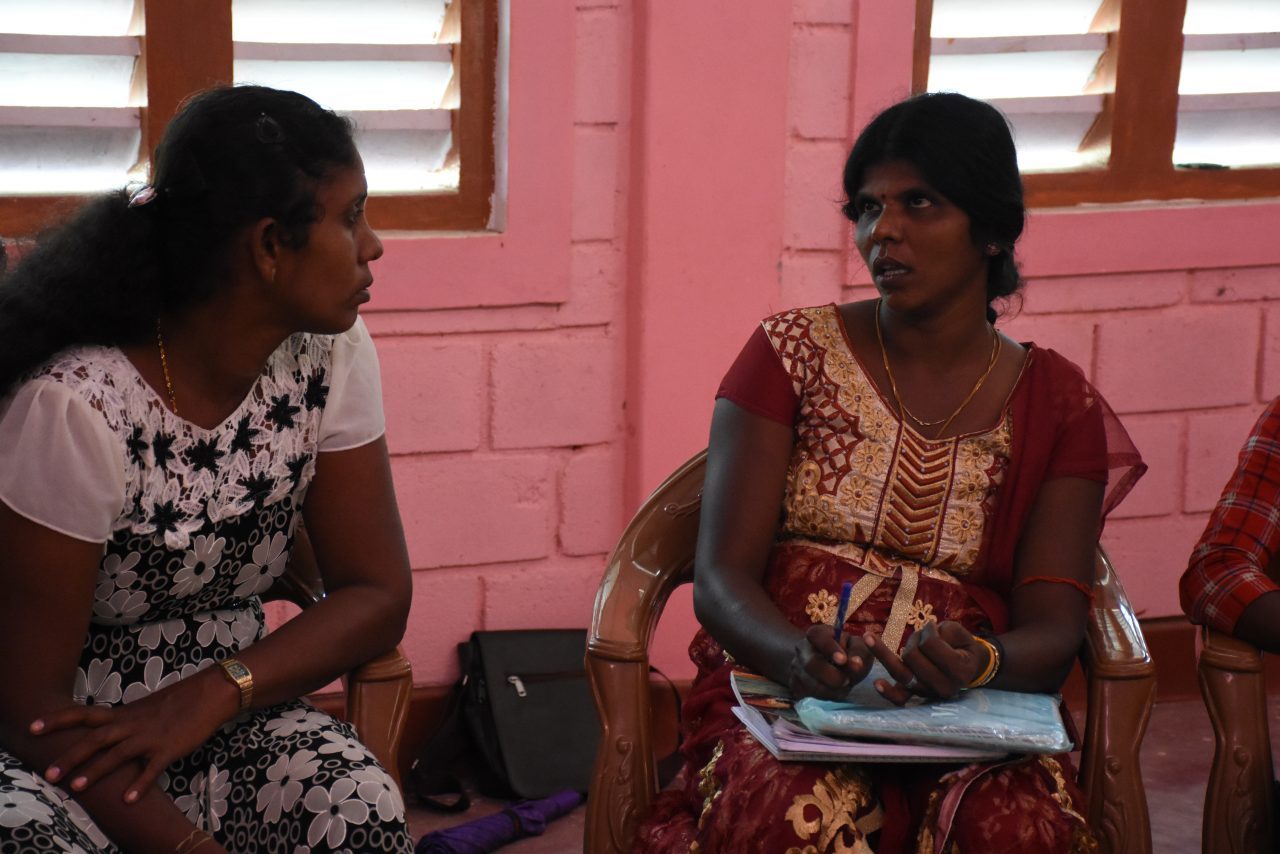
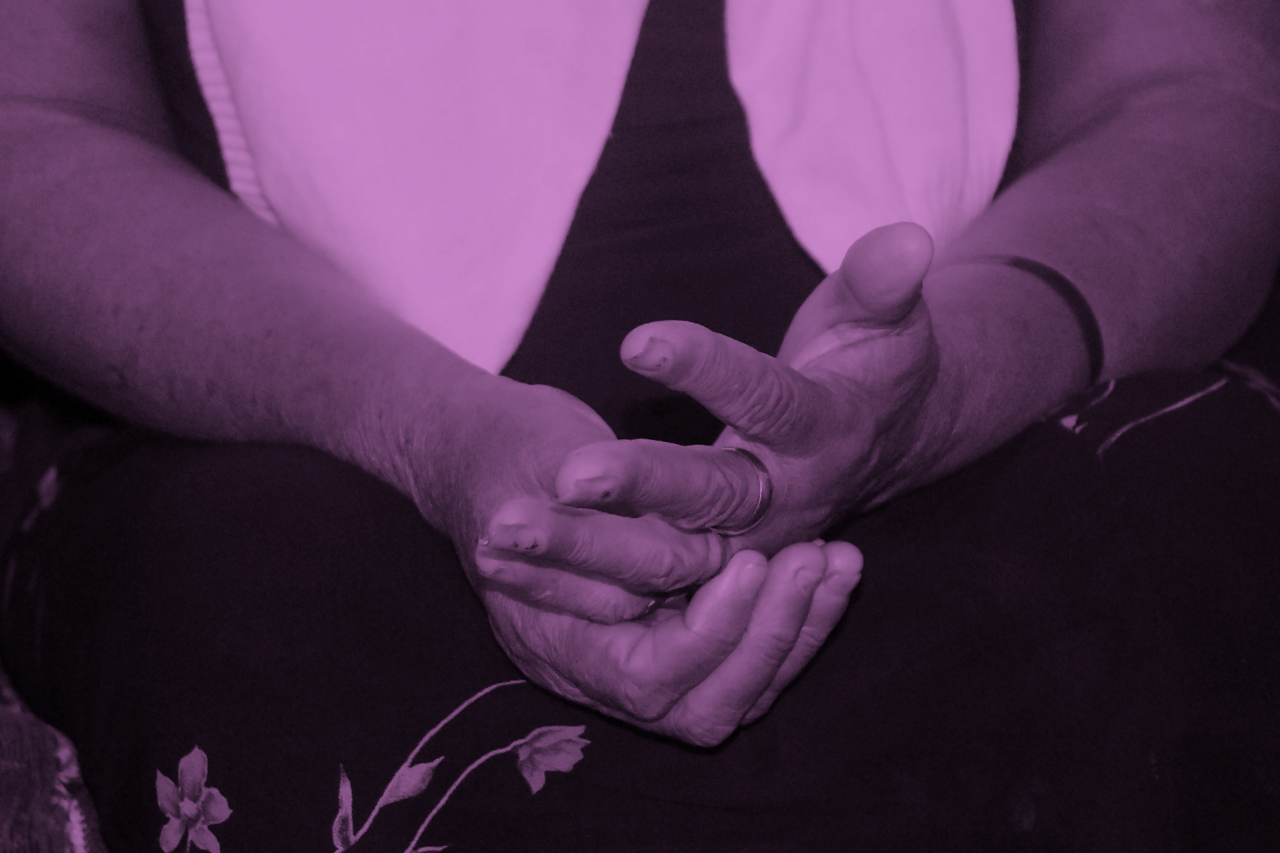






 Tech & Innovation
Tech & Innovation Climate Change
Climate Change Volunteers
Volunteers Health
Health Migration
Migration